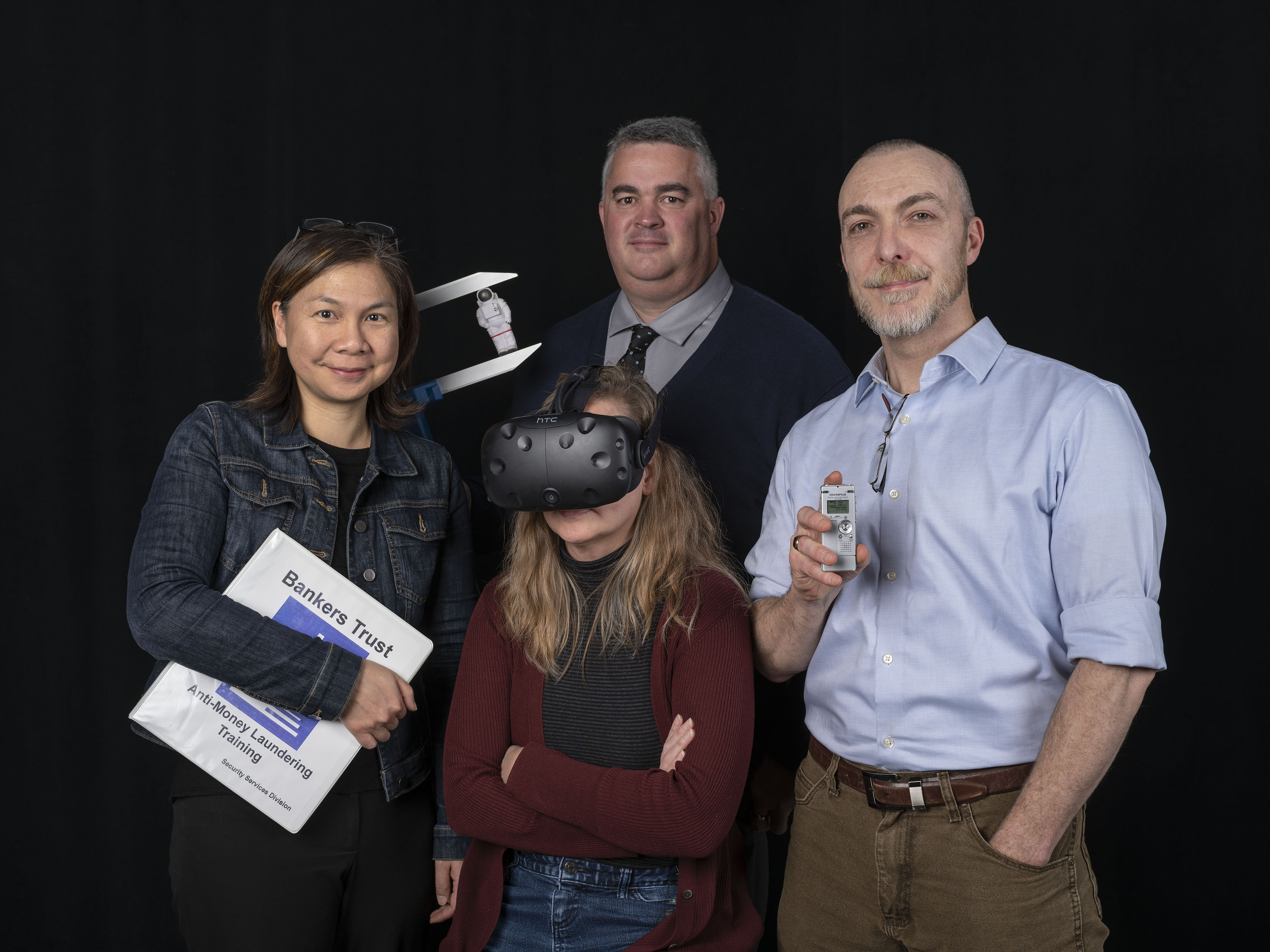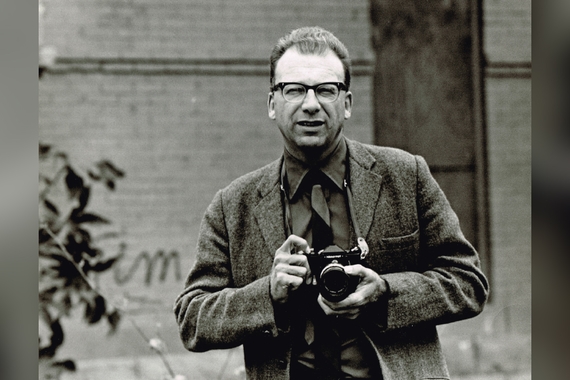On Purpose: Portrait of Anthropology

Anthropology involves the comprehensive study of human experience. The most basic questions anthropologists ask are “How are humans the same, and how are they different in all times and in all places on earth?” but also “What distinguishes the human from other species and how do different humans understand that difference?” Anthropologists explore these questions by examining people through biological, archaeological, linguistic, and social lenses.
Archaeology
Archaeologists study the development of human culture by looking at human material remains throughout time. Archaeologists study the human use of tools, the development of fire, shelter, and technology. In more recent times, historical archaeologists study architectural remains, material culture, and settlement patterns to discover the progress of human development over long periods of time.
Biological Anthropology
Biological anthropologists study the evolution of humans and their closest evolutionary ancestors over millions of years, and the variations among living populations today. This study also includes human genetics and other factors that influence human biology, including nutrition, disease, and cultural patterns that affect the ways humans develop and interact with nature. Biological anthropologists also study our nearest living animal relatives—great apes and monkeys.
Linguistic Anthropology
Language is the most distinctive cognitive and behavioral ability of human beings, differentiating us from other animal species. Linguistic anthropology deals with the evolution of language, the structure of linguistic systems, and the patterns of language use in human society. As with other fields of anthropology, data from the study of individual languages is used comparatively to discover differences and commonalities in communication patterns.
Sociocultural Anthropology
Sociocultural anthropologists study the patterns of thought, behavior, and organization of humans to illuminate the diversity of the human experience in the contemporary world. Human activity, individual and collective, is carefully documented through the techniques of ethnography, in which anthropologists spend long periods of time with different human communities. Sociocultural anthropologists thus try to understand ways of life from the “inside,” including how humans differentiate themselves from other species and entities.
Anthropology Beyond the Academy
Although academic anthropology seeks to advance knowledge of the nature of humanity, applied anthropology—in law, business, health sciences, government, cultural centers, and more—helps in many ways to further understanding of the role of human biology and culture in determining policy, administrative strategy, and cultural understanding for our increasingly diverse, multicultural planet.


